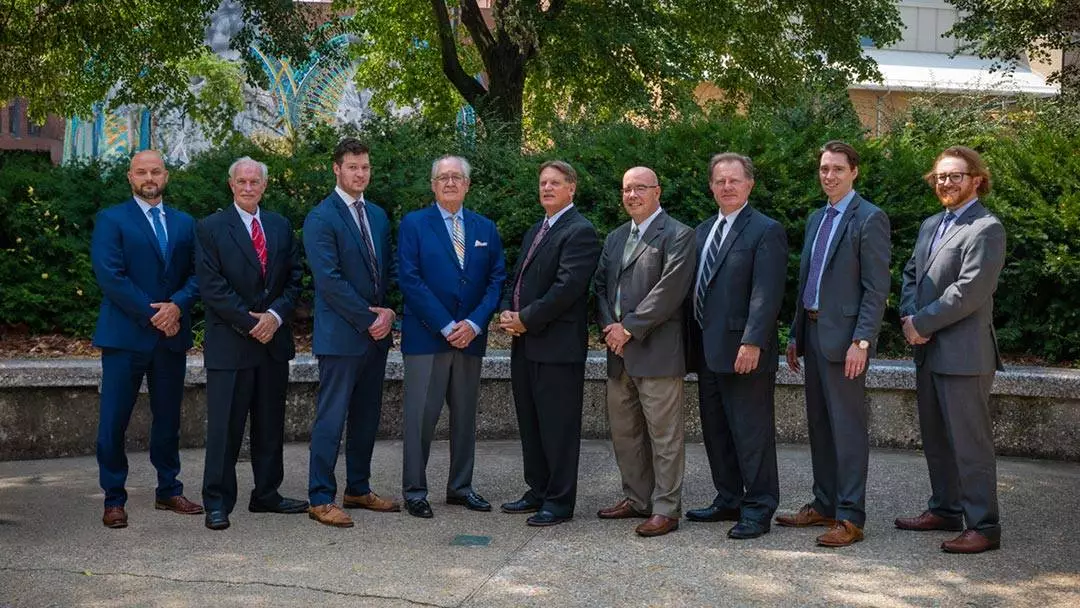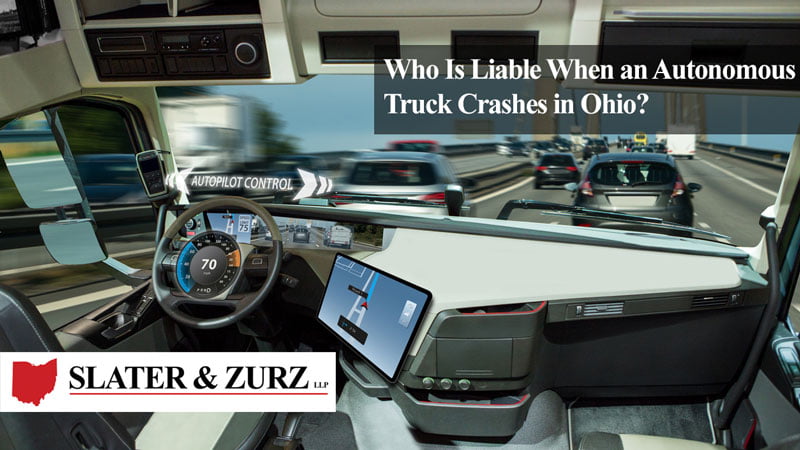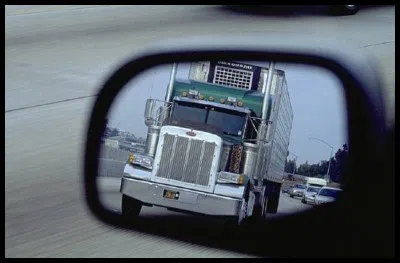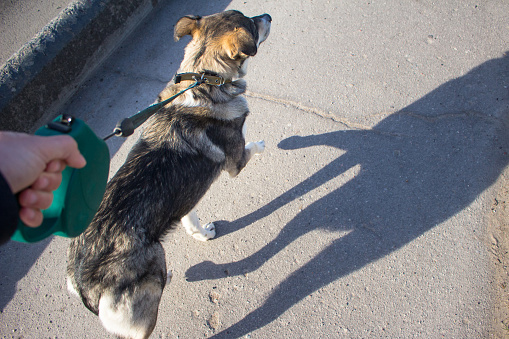Autonomous trucks are becoming more of a staple in business fleets around the world. An increasing number of companies are integrating advanced driver assist systems (ADAS) into their fleets.
These vehicles feature anti-collision technology, auto cruise control, and fatigue monitoring. They are paving the way for entirely autonomous fleets in the future.
While this technological advancement yields many benefits, it also raises a series of important questions for the insurance and legal industries. You may have heard some of them on the news. For example, who is liable if an autonomous truck crashes and damages property or injures someone?
Autonomous Vehicles and Tort Law
Any truck accident lawyer can tell you the legal system has typically relied on tort law and negligence statutes when assessing claims related to vehicular collisions.
Essentially, any damages awarded as the result of a vehicular collision are assessed based on a breach of duty that any reasonable person would observe. In this case, the breach of duty in question is the ability to operate a motor vehicle safely and responsibly.
Since legal claims rest on the subjectivity and mental state of the individuals behind the wheel, autonomous vehicle technology has significantly complicated litigation strategies. It has also changed the course of technological development as it relates to motor vehicles.
Hierarchies of Driver-Assisted Technology
The Society of Automotive Engineers (SAE) has designated six levels of driving automation, which the Department of Transportation has since used. Level 0 means the vehicle is almost entirely manual, while level 5 means the vehicle is entirely autonomous.
SAE-0
Level 0 applies to most vehicles currently on the road. These vehicles are nearly completely controlled by the driver.
The control is not absolute, as many contain automatic systems, such as emergency braking, which can assist the driver in an emergency, or cruise control, which can make driving more comfortable. However, this automated technology does not technically drive the vehicle.
SAE-1
The SAE-1 rating applies when a vehicle features an automated assistance system. The most common system on the road today is adaptive cruise control, which adjusts to the speed of the vehicle in front. While this places acceleration in the hands of the computer, the driver still controls braking and steering.
SAE-2
Level 2 is what is known as partial driving automation. These vehicles feature integrated ADAS technology that governs acceleration/deceleration and steering. However, this category still does not adhere to the requirements for a self-driving vehicle.
The driver must still occupy the primary seat and can regain control of the car when they see fit. This level of automation is found in Tesla’s autopilot systems.
SAE-3
Vehicles that fall in the level 3 category have more sophisticated detection capabilities that allow them to detect environmental factors and make their own decisions regarding navigation.
For example, an SAE-3 car can easily navigate past a slow vehicle. However, the driver is still required to be in the seat in case a manual override is required.
SAE-4
While level 3 vehicles require manual intervention in the event of system failure, level 4 vehicles usually do not. However, the option is still there in the event of an emergency.
Level 4 vehicles have a self-driving mode, although operation use has been restricted pending the passage of future legislation. Far from being a hindrance in today’s rideshare economy, this restriction has made SAE-4 vehicles ideal for ridesharing.
SAE-5
Level 5 vehicles will be able to self-operate without any human attention whatsoever. They will not feature steering wheels or brake/accelerator pedals. This type of car is being tested in specific areas but is not yet available to the public.
This rapid technological onset has created some confusion for personal injury lawyers regarding who is liable in accidents.
Self-Driving Vehicles and Insurance
Personal injury lawyers are not the only ones who have some thinking to do in regard to self-driving vehicles. The National Highway Traffic Safety Administration is currently the entity responsible for regulating the rollout of electric vehicles.
However, if an accident were to occur, it would be the courts’ responsibility to assign liability. This means if an accident resulted due to a problem with a level 4 or 5 vehicle, it would go to the courts.
This presents a problem for insurance companies. They need to consider how the courts will assign liability to underwrite automated car and truck policies.
One proposed solution is to create an all-encompassing policy that would cover all kinds of liability. Theoretically, this could make life easier for truck accident lawyers and motorists alike.
Drivers, Automated Trucks, and Personal Liability
Despite all the uncertainty surrounding autonomous vehicles, one thing is certain – drivers can still be held liable in the event of an accident. Vehicles with an SAE level from 0 to 4 will still enable courts and insurance companies to assign an individual driver some degree of responsibility for an accident.
Given the rapidly evolving state of the industry, truck accident lawyers and insurance companies might start relying more heavily on information provided by an autonomous vehicle’s control module to determine liability. Additionally, some liability might fall on truck manufacturers.
The Trucking Company
Additionally, it is not uncommon for the trucking company to be held liable in certain circumstances. This is fairly easy for an experienced lawyer to prove. For example, was the company forcing the driver to work in unsafe conditions? Did they negligently put a desire for profit over lives on the road?
Get the Help You Need From a Truck Accident Lawyer
If you have been in a crash involving an autonomous truck, contact a personal injury lawyer as soon as possible. A personal injury lawyer can field your questions and will understand the steps to take when dealing with insurance companies.
If you live in Ohio, the offices of Slater & Zurz are ready to help you out. Our truck accident lawyer understands the complexities and stress involved in navigating personal injury cases. If you need a truck accident lawyer, contact us to schedule your free consultation today.






